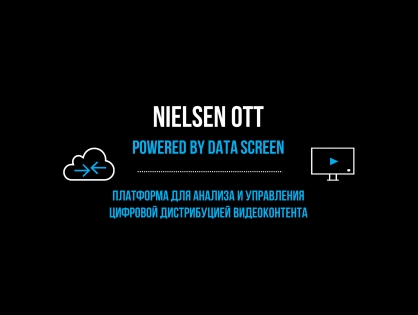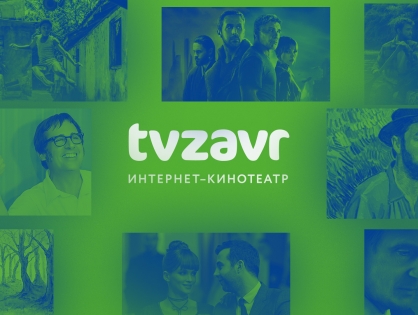 Recently it became known about the launch of two online video platforms on blockchain technologies: one is developing by online cinema tvzavr, the other – by film distributor Sam Klebanov. Both projects will be presented in Cannes in spring and have already signed the first contracts with European distributors.
Recently it became known about the launch of two online video platforms on blockchain technologies: one is developing by online cinema tvzavr, the other – by film distributor Sam Klebanov. Both projects will be presented in Cannes in spring and have already signed the first contracts with European distributors.
It is assumed that “blockchain” for these projects is not just a buzzword. Its application should make life for users and rights holders easier, they will be able to upload films to the platform and sell them directly to viewers. In addition to access to the global audience, blockchain is designed to ensure transparency of transactions. Now online video services first collect users’ money, and only then send reports to the right holder and pay royalties. When using blockchain, payments from users will be displayed in real time and immediately distributed. In usual rental rights holders have to find a local distributor in each region first, otherwise the movie can`t come out.
It is an interesting idea to collect content previously unavailable to viewers, especially when you consider that dozens of recognized foreign films are not coming to rental in Russia, because distributors consider them unpromising. For example, in 2017 Russian fans didn’t see in cinemas movie “Fantastic woman,” directed by Sebastian Lelio, which won an Oscar for best foreign language film. A year earlier “Ex Machina”, sci-fi thriller by Alex Garland, also received an Oscar, didn`t come to rental in Russia.
Moreover, officials are constantly trying to tighten access to domestic rental for foreign films, citing the fact that too many poor-quality foreign movies are published in Russia. For this, in 2017, the Ministry of culture planned to increase the cost of rental certificate from 3.5 thousand to 5 million rubles for all films, which have more than 100 sessions (for now the Ministry refused this idea).
However, it is possible that recognized abroad, but not included in the domestic rental film projects really will not cause enthusiasm in Russian audience: online cinemas say that not more than 1% of all users are watching Art-house. Problems may also arise with the sale of content: as you know, Russian users do not like to pay for music, books or movies. Although this trend is gradually able to reverse: at the end of 2017, the income of domestic online video services from the sale and lease of films exceeded the income from free viewing on the advertising model for the first time.
SOURCE: Ъ





Отправить ответ